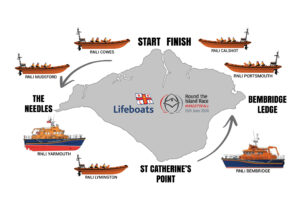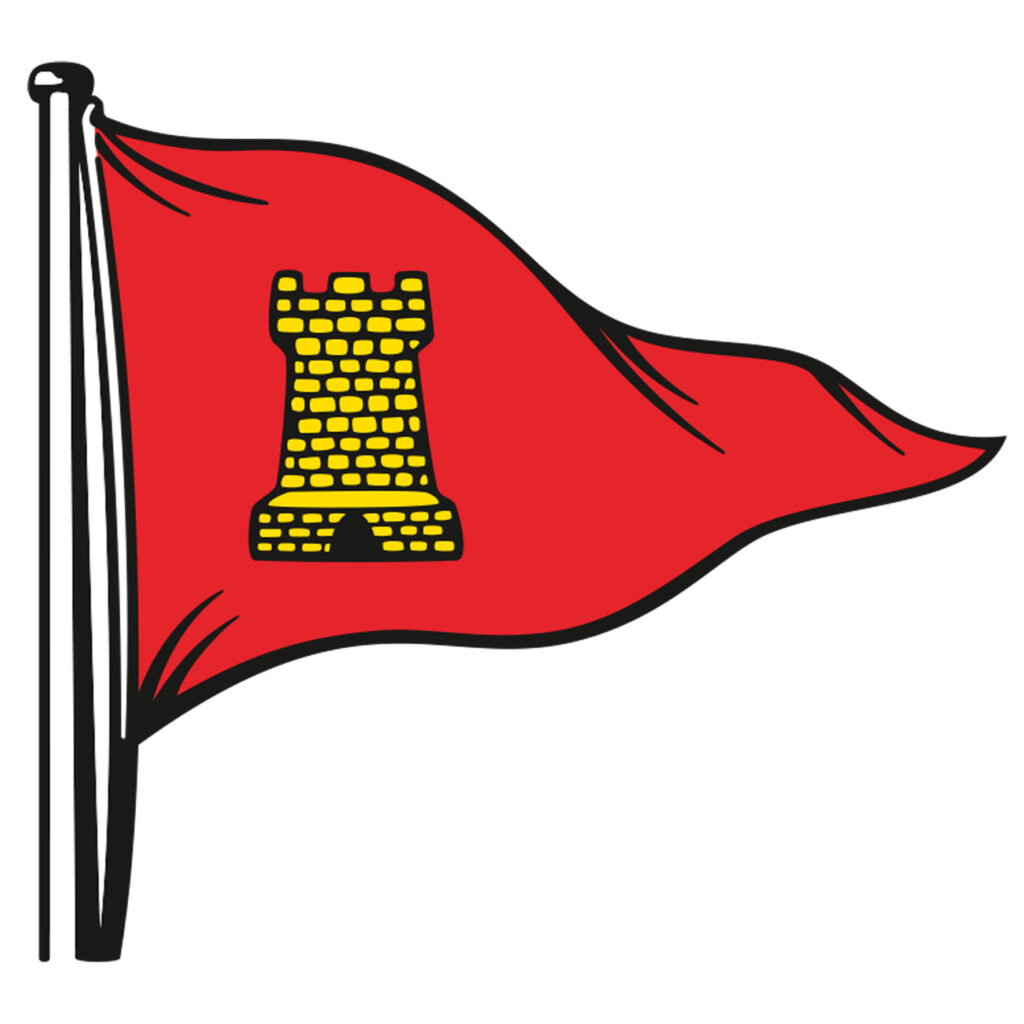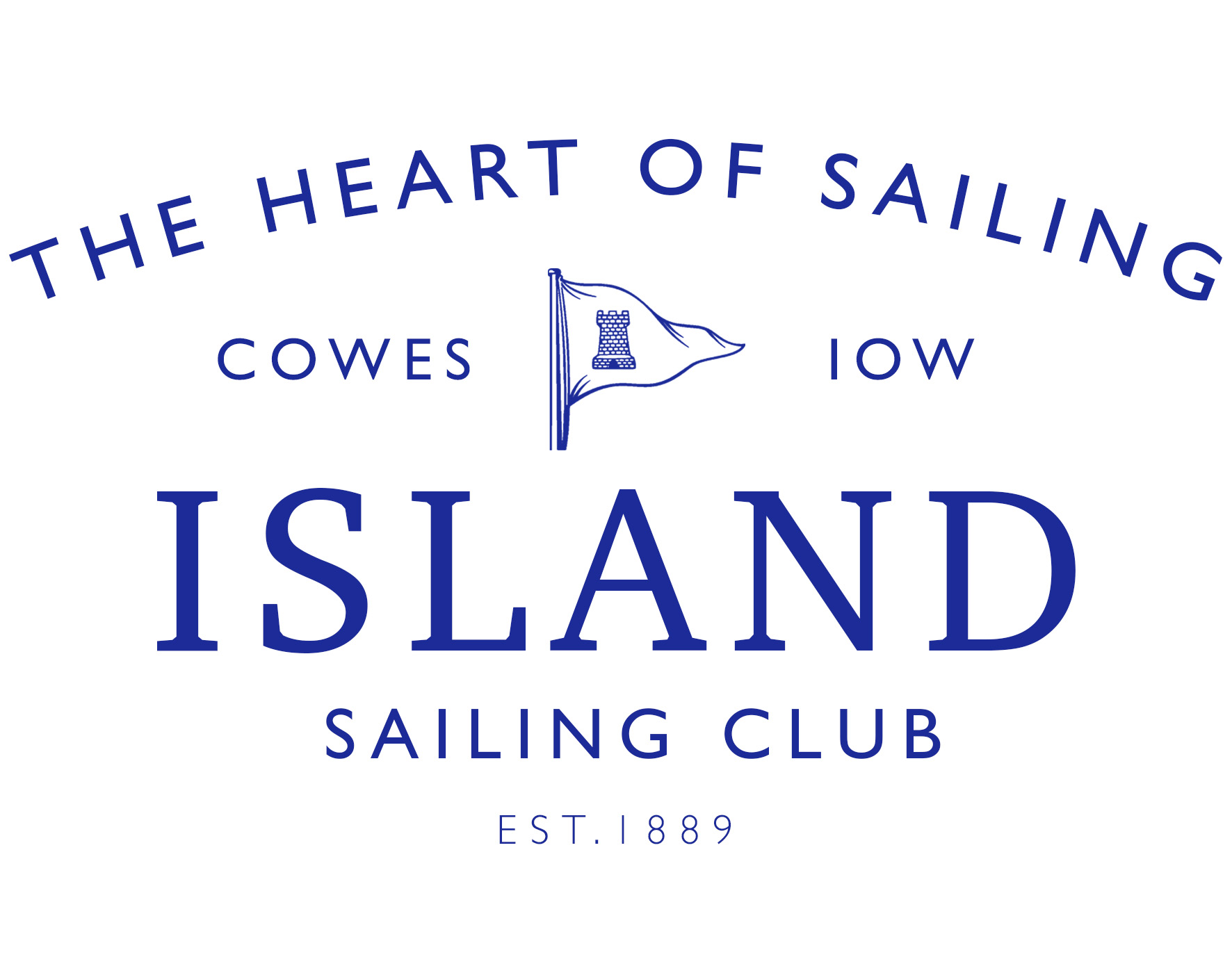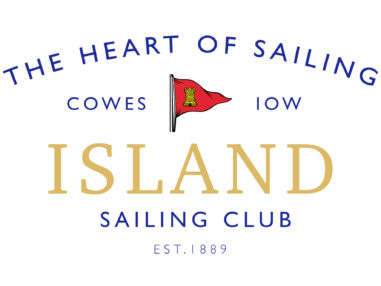The Island Sailing Club and the Race Team are delighted to announce that the RNLI are the Official Charity for the Round the Island Race 2024, which is taking place on Saturday 15th June.
Dave Atkinson, Race Director said: “The Race Team, RNLI and Coastguard have worked closely together since the first Round the Island Race in 1931 to operate a safe race for all the competitors. We are incredibly grateful for the safety cover and assistance that the RNLI station teams provide on race day and so we are especially pleased to announce that all the donations raised will go to the seven stations involved in the race and specifically for the training of their volunteer crews.”

Safety of all the participants is integral to the smooth running of the race. RNLI lifeboats from Cowes, Calshot, Bembridge, Mudeford, Lymington, Portsmouth and Yarmouth have been involved in the running of the event for many years and are strategically positioned around the course. For example, Bembridge RNLI will be positioned with their all-weather Tamar lifeboat on the furthest eastern side of the Isle of Wight and will provide cover for the final leg of the race, whereas Yarmouth RNLI will be positioned with their all-weather Severn class lifeboat at The Needles, the Isle of Wight’s most western point and where the sea conditions can change drastically without warning.
2024 marks the RNLI’s 200th anniversary and the charity will work closely with the Island Sailing Club to raise funds towards the training costs at the stations involved. On race day, and every other day of the year the crews lifesaving work is essential, often difficult and sometimes dangerous. And with only 1 in 10 volunteers joining the RNLI from a professional maritime occupation, training is especially important.
Mark Southwell, the Island Sailing Club Safety Officer and Cowes RNLI volunteer Lifeboat Operations Manager said: “If we have a safe race, we have a good race. As an Operational Manager of the RNLI, I would say the same and if I were a competitor, I would also say it. Since I’ve been involved my priority has been to ensure everyone running or supporting the race is involved, consulted, and listened to throughout the year. A key to success of search and rescue operations afloat is good communication and it’s no different ashore as we plan for the big day.”
He added: “Months before the race a Port Maritime Risk Assessment is circulated to all concerned which goes beyond the above and includes HM Coastguard, RNLI stations, independent lifeboat stations, the Maritime Volunteer Service, National Coastwatch and ferry companies. Come the day we will have worked since the previous race to ensure we consider all the risk involved in getting 1,000 plus yachts off to an organised start, having records of who they are and where they are and then recording accurately those who complete the course/retire.”



